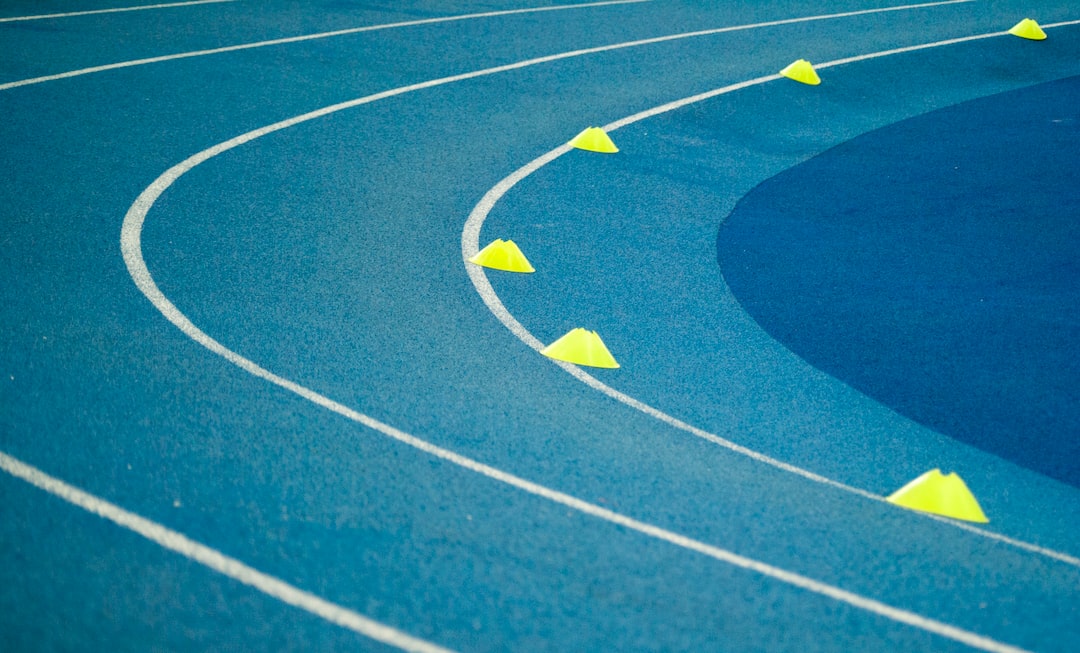The Importance of Rest and Recovery in Athletic Training
When it comes to athletic training, one of the most overlooked aspects is rest and recovery. Many athletes focus solely on pushing their bodies to the limit, believing that the harder they work, the better results they will achieve. However, this approach often leads to burnout, injuries, and ultimately, hindered performance. Rest and recovery are essential components of any training program, as they allow the body to repair, rebuild, and recharge. In this blog post, we will explore the importance of rest and recovery in athletic training and how it can maximize performance.
First and foremost, rest and recovery play a crucial role in injury prevention. Intense training and repetitive movements put a significant amount of stress on the body, increasing the risk of overuse injuries. Without adequate rest, these injuries can accumulate over time, leading to chronic pain and long-term damage. By incorporating regular rest days into the training schedule, athletes can give their bodies the necessary time to repair and prevent injuries.
Moreover, rest and recovery are vital for muscle growth and strength development. During intense exercise, tiny muscle fibers tear apart, leading to muscle damage. It is during rest that the body repairs these micro-tears, making the muscles stronger and more resilient. Without proper rest, this muscle repair process is hindered, which can hinder muscle growth and impede strength gains. Therefore, rest days are just as important as intense training days when it comes to building muscle and getting stronger.
Furthermore, rest and recovery also have a significant impact on an athlete’s mental well-being. Extreme training can take a toll on an individual’s mental health, leading to excessive fatigue, low motivation, and increased irritability. By allowing for adequate rest, athletes can prevent burnout and maintain their mental focus and drive. Taking time off from training to rest and engage in other activities can improve mental clarity, reduce stress levels, and reignite motivation, thus enhancing overall performance.
In addition, sleep is an essential part of the rest and recovery equation. During sleep, the body performs crucial physiological processes, such as tissue repair, protein synthesis, and hormone regulation. Lack of sleep can have detrimental effects on athletic performance, including decreased reaction time, increased risk of injury, and impaired cognitive function. Athletes should aim for 7-9 hours of quality sleep per night to optimize recovery and ensure peak performance.
Lastly, rest and recovery help to restore energy levels and prevent overtraining. Overtraining syndrome occurs when an athlete exceeds their body’s ability to recover from intense training, leading to a state of chronic fatigue and decreased performance. This condition can be demoralizing and hinder an athlete’s progress. By incorporating rest days and lighter training weeks into their schedule, athletes can avoid overtraining, allow their bodies to replenish glycogen stores, and maintain optimal energy levels.
In conclusion, rest and recovery are integral components of athletic training that should not be underestimated. By prioritizing adequate rest, athletes can prevent injuries, promote muscle growth, protect their mental well-being, optimize sleep, and prevent overtraining. It is important for athletes and coaches to recognize that rest is not a sign of weakness but a necessary part of the training process. Instead of pushing through fatigue and disregarding the body’s needs, athletes should embrace rest days as an essential tool for maximizing performance. Remember, to be at the top of your game, you need to give your body the time it needs to rest, recover, and come back stronger than ever.

